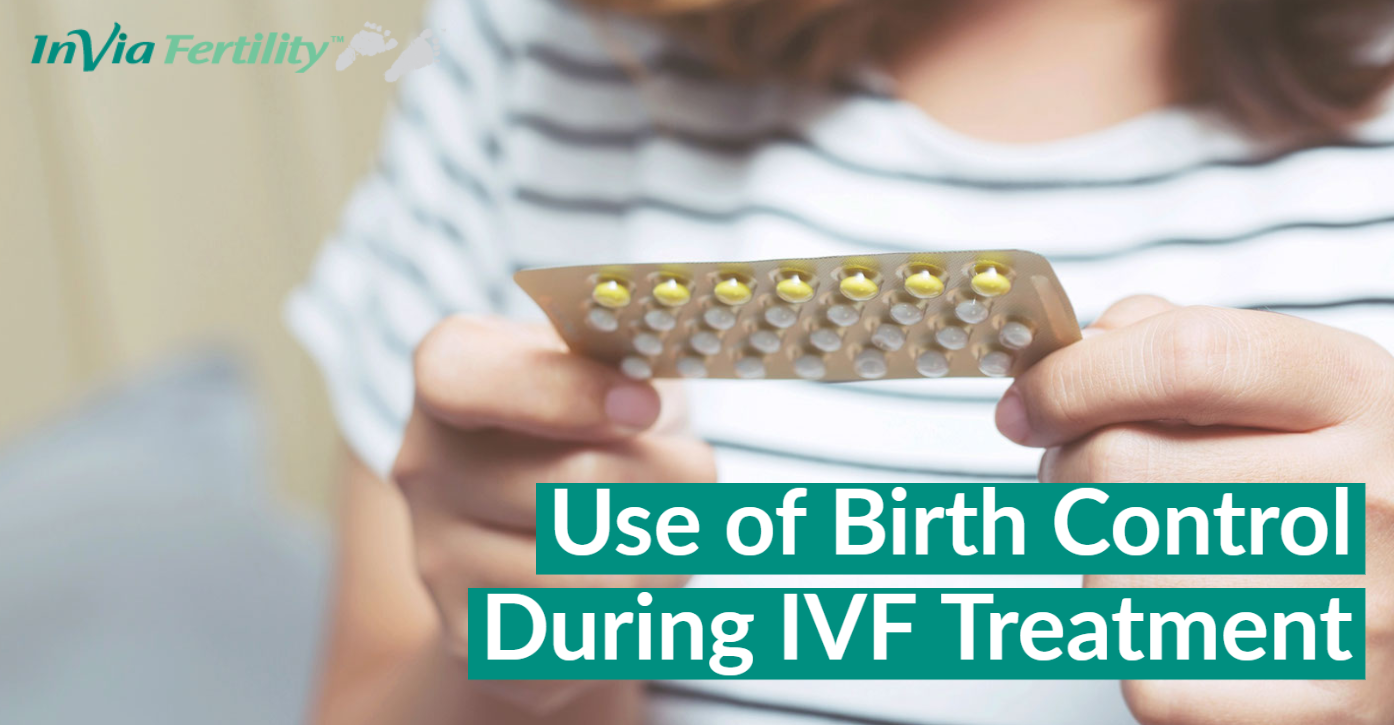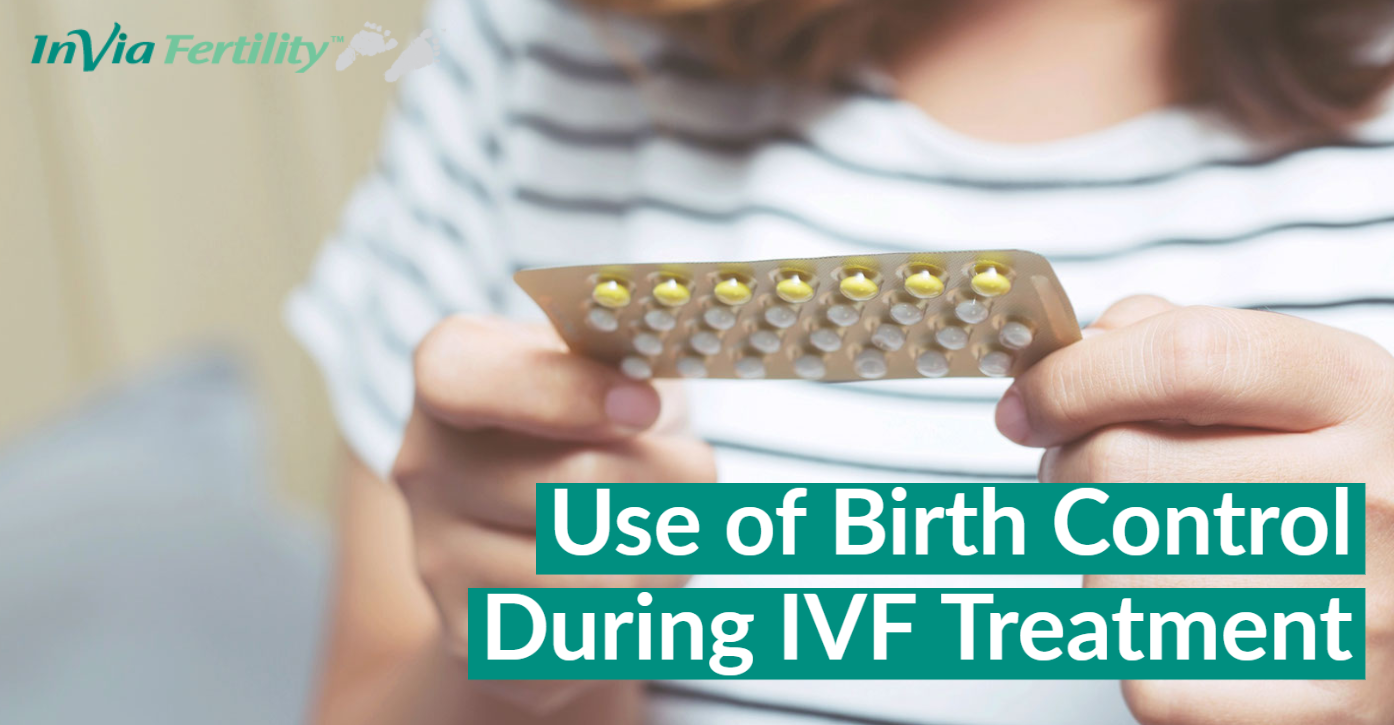We are experiencing a very high volume of calls and messages and ask for your patience. We will answer your portal messages within 48 hours.
We are experiencing a very high volume of calls and messages and ask for your patience. We will answer your portal messages within 48 hours.


You may be surprised to find out that in many cases, the first step in the IVF process is to take birth control pills. Though this seems to be counter-productive to your goal of getting pregnant, there are several reasons why they are used.
First, in a normal menstrual cycle multiple follicles (which contain the eggs) begin to grow, but then one follicle becomes dominant and grows faster than the rest and the remaining follicles stop progressing. In an IVF cycle though, we want as many follicles as possible to grow. By taking birth control pills before starting the oviarian stimulation medications, the follicles are more likely to grow at a similar rate. This leads to a greater number of follicles being mature at the same time, and therefore increases the number of eggs that are retrieved.
Using birth control pills also allows the fertility clinic to effectively schedule retrievals. This allows the correct number and type of staff to be available when needed. It also ensures that the embryology lab does not have too many retrievals in one day; the number of times incubator doors are opened in one day has to be controlled to maximize results in our embryology lab. This type of scheduling also gives us the ability to arrange your cycle so that it does not interfere with business trips or vacations.
Lastly, birth control pills can also decrease the chance of developing cysts prior to starting the stimulation medications. When cysts are present, sometimes we need to drain the fluid from them and that can cause a delay in your cycle.
Not just any birth control pill can be used in IVF. Birth control pills vary in the amount of hormones delivered with each pill. For the purposes of an IVF cycle, we use a monophasic type which contains the same amount of hormones in every active pill. Therefore, a consistent level of these hormones is maintained. The birth control pill that we prescribe is Desogen (or its generic substitute). If you prefer, a NuvaRing can be used instead. This is a flexible ring that is inserted vaginally and remains in place while releasing a continuous level of hormones.
Here's how taking birth control pills fits into the IVF process: To start an IVF cycle using birth control pills, you would call with Day 1 of full flow of your period, and then be scheduled to come in on Day 2, 3 or 4 for a baseline blood draw and ultrasound. If these results are normal, you would be instructed to start taking the birth control pills (or insert the NuvaRing) no later than day 5 of your cycle. One pill is taken each evening. The pills are arranged in four rows. The first three rows are active pills, but the fourth row does not contain any hormones. Therefore, if you finish the third row of pills, you would not take the fourth row but instead start a new pack of pills the next day. It is very important to take the Desogen at approximately the same time each evening, and not to skip any pills. If you are using a NuvaRing, you would remove the ring after 21 days and insert a new one.
In most IVF cycles, you must be on birth control for a minimum of 10 days before starting the next medication. You will be instructed when to stop the birth control at your nurse consult appointment. In most cases you will take it for about 21 days, but it can be up to 42 days. While using birth control, you may experience some light breakthrough bleeding. This spotting is normal and will not interfere with your cycle. Your physician will review your health history with you before prescribing any birth control products. If you have any risk factors such as a history of blood clots, birth control will not be used in your IVF cycle. Instead other medications will be used to prepare your ovaries for an optimal response.
So, when you are instructed to start birth control, just remember that you won’t be taking it to prevent pregnancy but rather to encourage it!
To see a fertility specialist who is a board-certified physician with high success rates, make an appointment at one of InVia’s four Chicago area fertility clinics.

Entire Website © 2003 - 2020
Karande and Associates d/b/a InVia
Fertility Specialists
